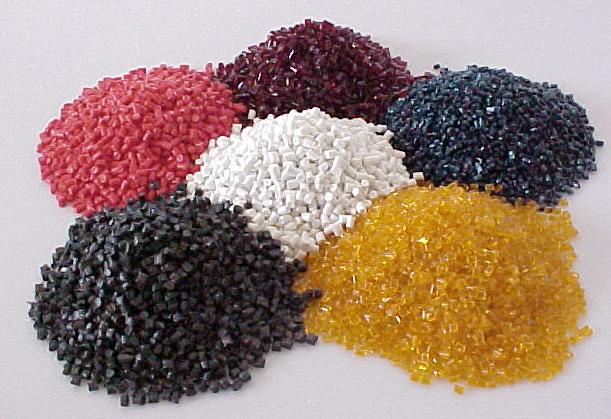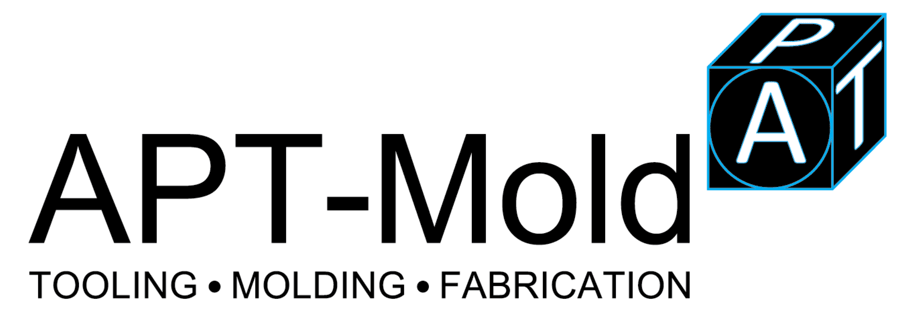If you’re looking for a more versatile way of molding plastic parts, plastic injection molding is highly recommended. It’s extremely versatile and offers numerous advantages over other methods of molding plastic. Aside from the fact that it’s easier and more reliable, it’s highly efficient as well.

plastic injection molding resins, *picture from foremostplastic.com
Below are some of the top advantages of using this method to mold plastics.
- Highly Efficient
Plastic injection is much more efficient compared to other methods of molding plastic. It’s faster and has a higher production rate. As a result, it’s cost-effective and definitely highly efficient. The speed will pretty much depend upon the size and complexity of the plastic that’s being molded although this should take only about 15 to 120-seconds in between each cycle.
Given the short amount of time it requires to produce plastic in between cycles, a good number of molds can be produced in just a short time period, thereby increasing the profit margin and revenue. Although the MRP system won’t be able to totally replace the experience acquired by manufacturing managers, it can somehow help improve the efficiency in the factory that could lead to greater savings.
- Can Handle More Complex Part Designs
Injection molding is capable of handling more complex part designs including the most complicated ones. It can also produce millions of identical parts. In order to optimize the process of high volume molding and maximize quality and precision, key design elements should be taken into consideration beforehand. The part designs should be developed with high efficiency, which is important for high-volume molding production. With proper design, the parts can be consistently made high quality. Otherwise, this can lead to costly mistakes.
In the plastic industry, molding professionals believe that certain fundamental design elements should occur in the process of injection so this will result in the most accurate results. This includes the thickness of the wall, boss design, rib design, gate placement, correctly placed vents etc.
- More Enhanced Strength
When molding plastics using plastic injection molding, strength is an important factor to consider. The designer should know if a certain part has to be rigid or flexible. That way, he will know if there’s a need to adjust the integrating gussets or ribs. Knowing how the customer is going to use the part and understanding the environment that the part is going to be exposed to is also necessary.
Achieving the right balance of the aforementioned plastic design considerations can help address the need to design the parts with the utmost strength and stability. Choosing the right material is also another important element to consider in ensuring strength.
- Flexibility in Terms of Material and Color
Selecting the right material and color for a particular plastic molding project is one of the most important factors in producing plastic parts. Because of the wide variety in terms of materials and colors, the choices are almost limitless. Over the years, the advancement in polymer plastics has contributed to the production of a large number of resins from which customers can choose.
It’s highly recommended to work with a highly experienced injection molder who is knowledgeable with the different resin applications, especially those that are in compliance with the FDA, NSF, and REACH. In order to ensure that you are choosing the right resin to use for your project, you need to consider the following things:
- The flexural modulus of elasticity
- Heat deflection
- Impact strength
- Tensile strength
- Water absorption
- Reduced Waste
When it comes to high-volume injection molding, it’s best to work with companies that have green manufacturing initiatives since this will signify the company’s commitment to sustainability, quality, and safety. During the process of plastic injection molding, there’s usually a high amount of excess plastics that will be produced. The company should have a system in place to recycle these excess materials. Eco-friendly companies use state of the art machinery to minimize waste during production, packaging, and transportation. Companies that apply the eco-friendly processes in manufacturing plastics are committed to nurturing environmental sustainability in everything they do.
